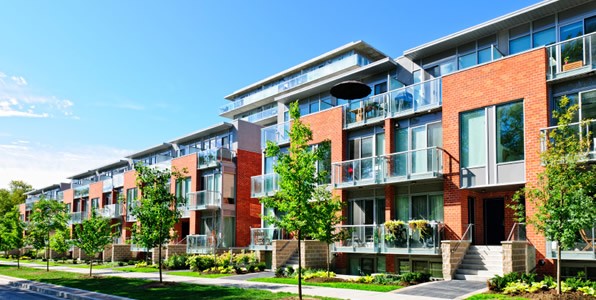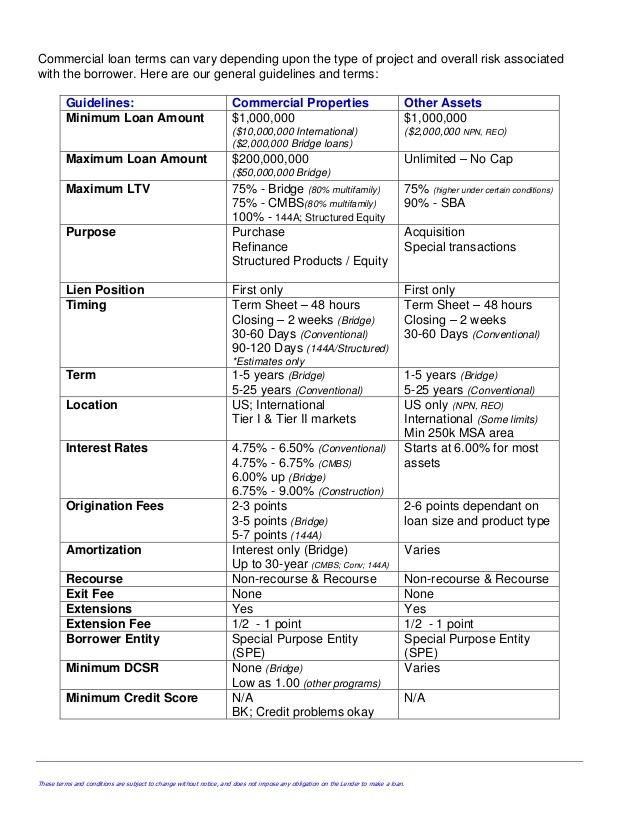How to Get a Condo Loan (General Guidelines)
Post on: 14 Май, 2015 No Comment

The Rules for Getting a Condo Loan are Strict
Sherry, not her real name, thought she had landed the perfect high-rise condo in East Sacramento. The price was right. The location was perfect. The view was magnificent. Sherry did not expect her lender to refuse to make a loan because lenders had previously made loans on other condos in the building.
But her lender denied the loan because there were no recent comparable sales over the past 3 months in the building. The appraiser would not use any other comparable sales in the neighborhood other than those in the building, and none existed. Not over the past three months, anyway.
Welcome to the world of condo loan rules. Not only do the rules for a condo loan vary between FHA loans and conventional loans. but each lender’s investor may have their own set of rules, called overlays. Unlike a single-family home loan, condo loans are different, and not every condominium project qualifies.
FHA Rules for a Condo Loan
Many borrowers. especially first-time home buyers gravitate toward buying a condo because the prices are generally much less than those for a single-family home. Because the prices are often lower, so are the down payment requirements. But other rules can blow a buyer’s chance of getting a loan :
- FHA Approved Condo List
HUD requires the condo to be listed on its FHA approved condominium list. If the condo is not on the list, then the borrower will need to seek conventional financing.
At least 80% of all FHA loans in the complex must be owner occupied, the borrower’s principal place of residence. If too many FHA-insured units are turned into rentals, FHA will not approve the loan.
A minimum of 51% of the units in the complex must be owner occupied. There is a perception, perhaps true, that owner occupants take better care of their units and are more fully vested in the complex than a tenant.
The project must be completed for at least a year, with no additions or phases pending. This means the first sales in the complex will probably be purchased with cash or by non-FHA types of financing.
FHA eliminated spot reviews, which used to mean even if the condo wasn’t on FHA’s approved condo list, FHA might still make the loan upon review of a questionnaire.
General Condo Loan Rules
Whether the borrower obtains FHA or conventional financing, some condo loan rules are the same. Here are a few:

In complexes where values have fallen across the board, dues are generally delinquent for those in short sale status or bank-owned. Percentage minimums apply, and generally at least 85% of homeowner association dues must be in paid on time.
No lender wants to see pending legislation in a condo complex. Many lawsuits are costly and time consuming to resolve.
Banks often demand that title be transferred in fee simple, free from any restrictions such as age, for example.
The complex must maintain appropriate insurance such as hazard, liability and flood insurance. Every time the National Flood Insurance program approaches jeopardy, condo complexes suffer.
At the time of writing, Elizabeth Weintraub, DRE # 00697006, is a Broker-Associate at Lyon Real Estate in Sacramento, California.














